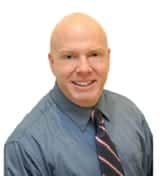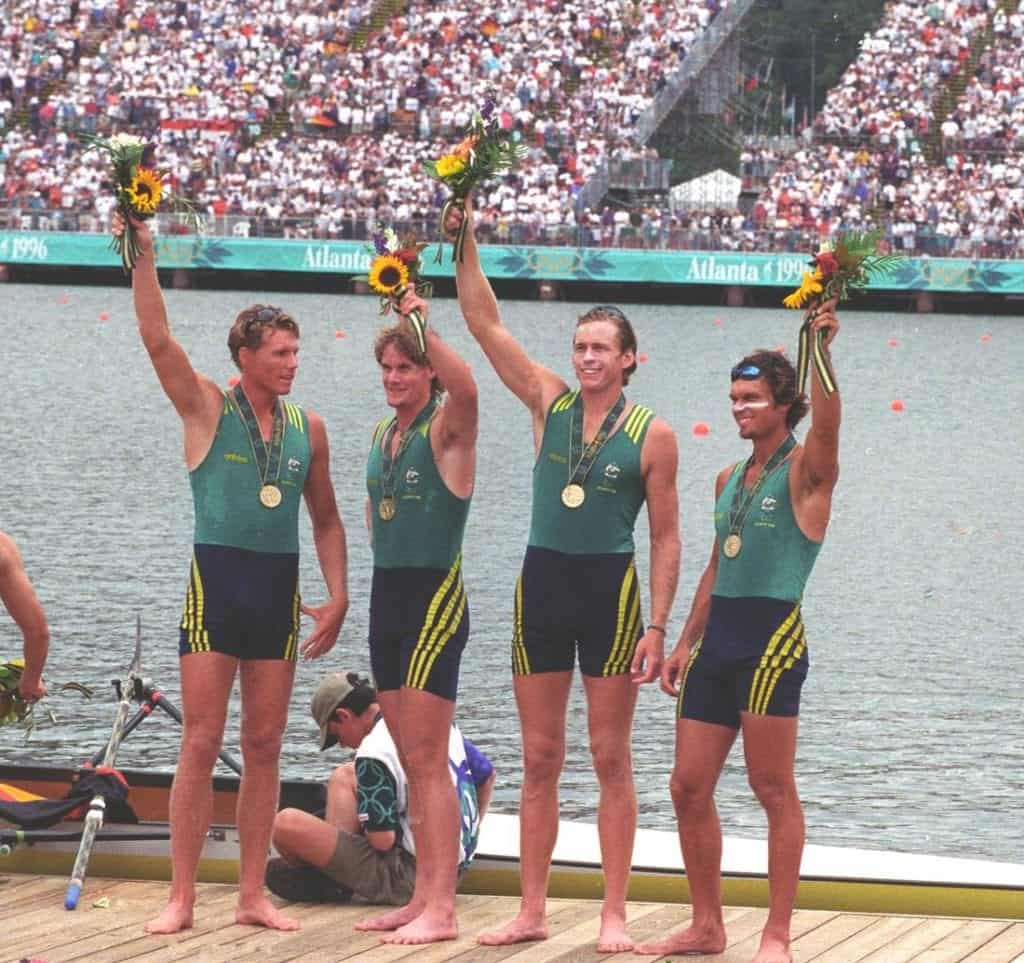By Kate Ross
How to Differentiate your Sport Management Program
David P. Hedlund is well recognized for his academic research and real life success in sport and business. Since arriving at St John’s, David has quickly gained a reputation for his innovative teaching and student-focused professional education practices. The faculty at St John’s are dedicated to strengthening their position as a top destination for students wishing to study Sport Management.
About David P. Hedlund
- Assistant Professor of Sport Management at St John’s University
- Ph.D. from Florida State University
- 15 yrs in Sport, Business and Education
- International Soccer Player and Coach
- Researches and consults in management, marketing, consumer behavior, coaching and sport analytics
About St John’s University
- International center for study in Sport Management
- One of the largest programs in the USA
- 400+ Undergraduates
- 80+ Graduate students
- All students do internships
- Sport Management started in the early 1970’s, so one of the oldest programs
Here is David’s advice on how to differentiate your Sports Management Program:
Focus on students’ academic and professional development.
Strive to provide students with both knowledge and professional skills, balancing academics with the real-world. Sport Management is an applied field and the ultimate goal is to prepare students for careers post-graduation. This includes skills that deliver success in the workplace such as written and oral communication skills, how to influence and work with others, and leadership.
Hire faculty with diverse academic and professional backgrounds.
It’s well recognized that both academically qualified and professionally qualified instructors are needed. Students benefit from a faculty with wide-ranging experiences, including those who work in sports on a day-to-day basis. To be effective, students must be educated in a variety of sports topics (e.g. management, marketing, finance, facilities, legal, HR), and this education should be provided by diverse instructors.
Educate on professional opportunities.
Movies like “Jerry Maguire” and “Moneyball” are great examples of the work that sport agents and general managers do, however the vast majority of sports jobs are behind the scenes. Students and their parents often ask what employment opportunities exist after graduation so inviting guest speakers, running seminar series and holding career fairs is invaluable.
Work in and engage with the community.
Sport is an important part of every community, from large cities like NYC to small towns. Internships are an opportunity for your students to get hands on experience while also making a significant contribution. There are enormous benefits to students, organizations and the community.
Collaborate with cutting edge organizations.
Many advances and innovations in sport come from organizations outside the traditional academic setting. For example Athlete Assessments has created partnerships with Sport Management programs to share their leading edge in elite sport. With advances in video conferencing technology, this is even easier to engage.
From one of David’s students*:
“I just went on an interview and the hiring manager asked me what I considered to be my best strength and I can honestly say I have never been more prepared to answer that question. All in all, I have never known myself better.”
*The Athlete Assessments CoachDISC and Sports ManagerDISC are used in both undergraduate and postgraduate programs at St John’s.
At Athlete Assessments, we’re here to provide you with excellence in service and here to help you be your best. If there is anything we can assist you with, please Contact Us.






